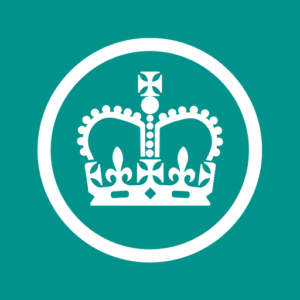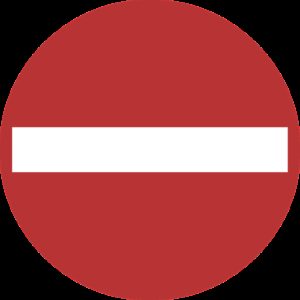BLOG
Welcome to CRG’s informative blog, bringing you posts, news, views and advice on credit management, insolvency and debt related issues. not only is this helpful for individuals or businesses seeking help but it aims to assist both the legal and finance profession when advising their clients on potential insolvency related matters. Keep an eye out for our regular updates!

CRG appointed Administrators of Louth company, Extrupol Packaging
CRG Insolvency and Financial Recovery were appointed Administrators of Extrupol Packaging Limited on 4th May 2022. Read full article here: https://www.thebusinessdesk.com/eastmidlands/news/2058775-packaging-firm-calls-in-administrators

CRG IN THE PRESS: Business Live report on Arabella’s success!
Article Published by David Laister Grimsby young professional Arabella Ranby-Gorwood named the rising star of the insolvency sector Second generation at established town firm takes

Arabella Ranby-Gorwood wins Rising Star of the Year
We’re delighted to announce Arabella was awarded the accolade at the IPA awards in November 2022. Arabella has been at the forefront of leading our

Repeat offenders: HMRC to make them personally liable
For those encountering a number of insolvencies the Finance Act 2020 has introduced provisions to pin company directors with personal liability for the company tax

Why dissolution doesn’t necessarily fix the problem
It has become a worrying commonality to see rogue directors seeking the position of no liability and disqualification through dissolution of their companies rather than

COVID Loan Repayments – The potential pitfalls for directors
The dates for businesses to start to make instalment payments for loans obtained since the commencement of the Covid 19 lockdown, are starting for some,

CRG IN THE PRESS: Macclesfield Town Football Club sale
It seems that an LPA Receivership that CRG Insolvency & Financial Recovery (“CRG”) had been conducting has made the news regarding Macclesfield Town Football Club

BIG new law on pre-packs – significant? Yes – but needed.
From the 30th April 2021, in an aid of increasing creditor confidence in pre-packs, new legislation is coming into force, namely, ‘THE ADMINISTRATION (RESTRICTIONS ON

February 2021 : where are we
We now seem to have a first roadmap out of lockdown, and businesses are still asking for support as we recover. There may be expectations
Looking for somthing specific?
No problem! Search to see if there something we can help you with.`
